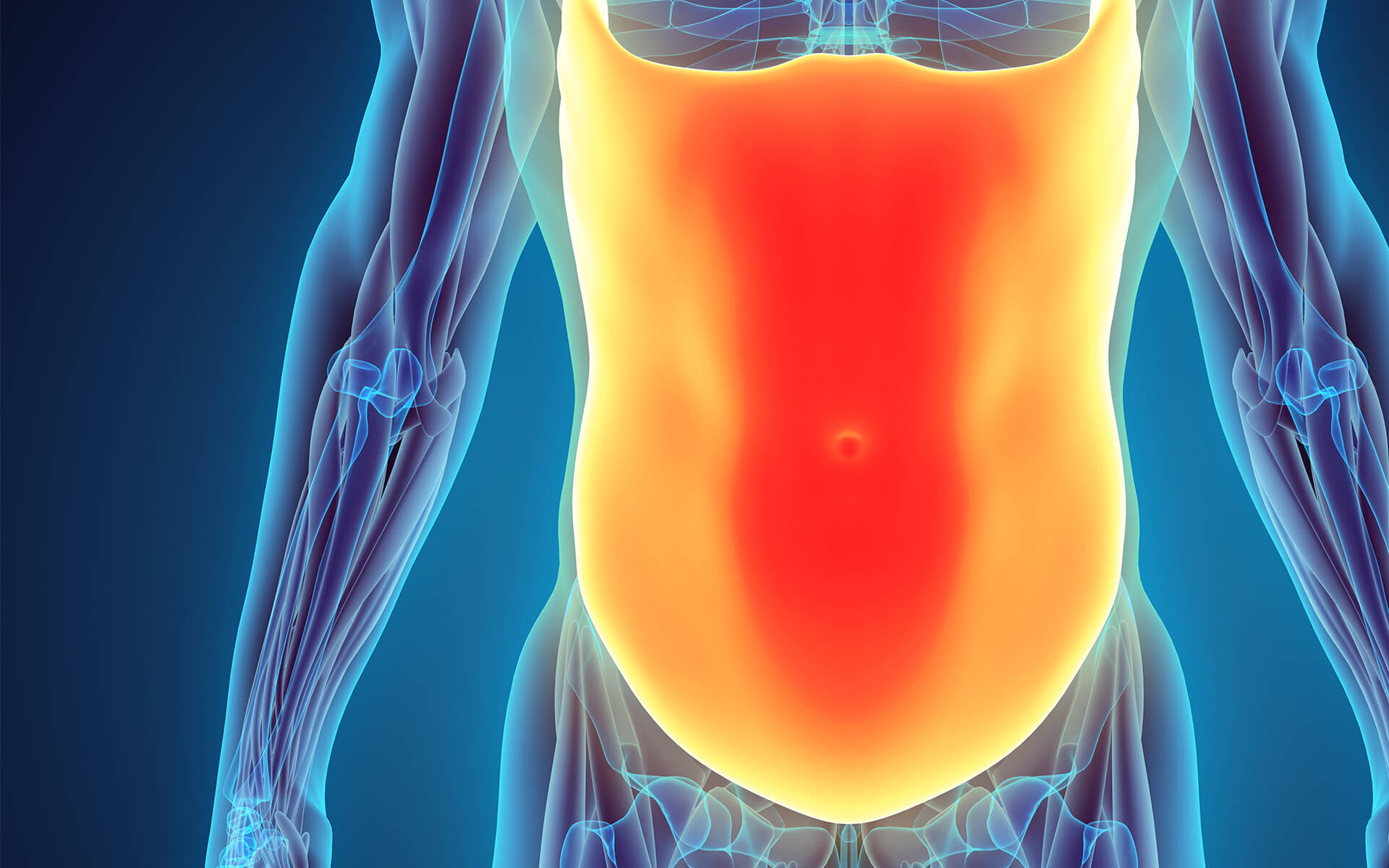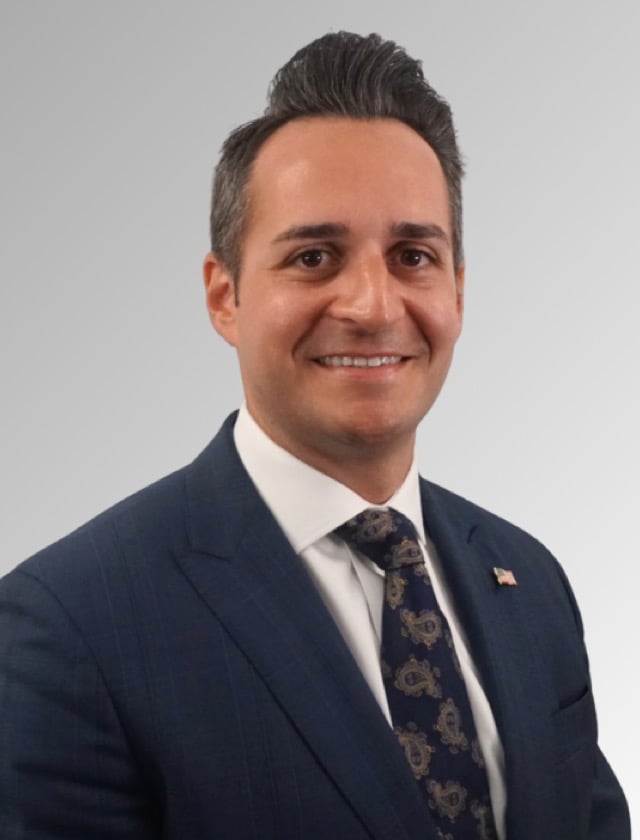A chronic hernia is a recurring condition where an organ or tissue pushes through a weak spot in the muscle or fascia containing it, leading to swelling or a bulge. Chronic hernias typically develop in the abdominal or groin areas and usually reoccur on or near a previous repair.

Understanding Chronic Hernias

What is a Chronic Hernia
Symptoms
Signs or symptoms of chronic hernias include:
- Bulging near the site of a previous hernia or hernia repair
- Bloating, constipation, or blood in stool
- Heartburn, acid reflux, or difficulty swallowing
- Persistent dull ache, especially after coughing, laughing, sneezing, or lifting a heavy object
- A burning or aching sensation near the site of a previous hernia
- Weakness or pressure in the groin region
Causes and Risk Factors
Many factors can contribute to the development of a hernia, including:
- Surgical error or poor-healing surgical wounds
- Performing strenuous activities, such as weight lifting or moving heavy furniture
- Undergoing treatments that compromise the immune system, such as chemotherapy
- Chronic constipation
- Conditions that impact the body’s ability to heal, such as diabetes
- Conditions that affect the body’s connective tissue, such as rheumatoid arthritis
- Taking certain medications, including steroids
- Additional strain on the abdominal region due to obesity
- Using substances that weaken muscles, such as alcohol and nicotine
Diagnosing Chronic Hernias
Doctors can typically diagnose a hernia through a physical exam. However, your doctor may also request X-rays, ultrasounds, or a computed tomography (CT) scan to better understand the severity of the condition and identify any additional issues, such as bowel obstruction.
Treatments for Chronic Hernias
While some smaller hernias may repair on their own, chronic hernias often weaken your muscle and connective tissue over time, leading to more pain and increasing the risk of additional complications. That’s why it’s critical you seek treatment as quickly as possible.
Common hernia correction procedures include:
- BARS surgery: A hernia repair method developed by IFAR that reconstructs the abdominal wall with a supporting mesh anchored to the bone, creating a more stable foundation during and after surgical repair.
- Open hernia repair surgery: Carefully moving the abdominal tissues back into the correct position and reinforcing the weakened muscle with stitching or surgical mesh
- Laparoscopic surgery: Inserting a long, thin tube with a camera and small surgical tools through tiny incisions and repairing the hernia while striving to maintain the muscle’s integrity
- Abdominal wall reconstruction surgery: Restoring function and strengthening abdominal muscles weakened by complex or chronic hernias
Our Surgeons
Our surgical team has expertise in advanced corrective and reconstructive surgeries for patients living with chronic hernias. We have delivered exceptional results for patients with complicated and complex conditions, and continue to uncover innovative solutions for hernia repair.
Patient Stories
What does life look like after surgery for chronic hernias? Discover real stories of hope from our recent patients.
Surgeons Near Me
Request an Appointment
Interested in finding out whether you’re a candidate for one of our advanced procedures? Schedule a time to meet with a member of our care team.

-min.png)





